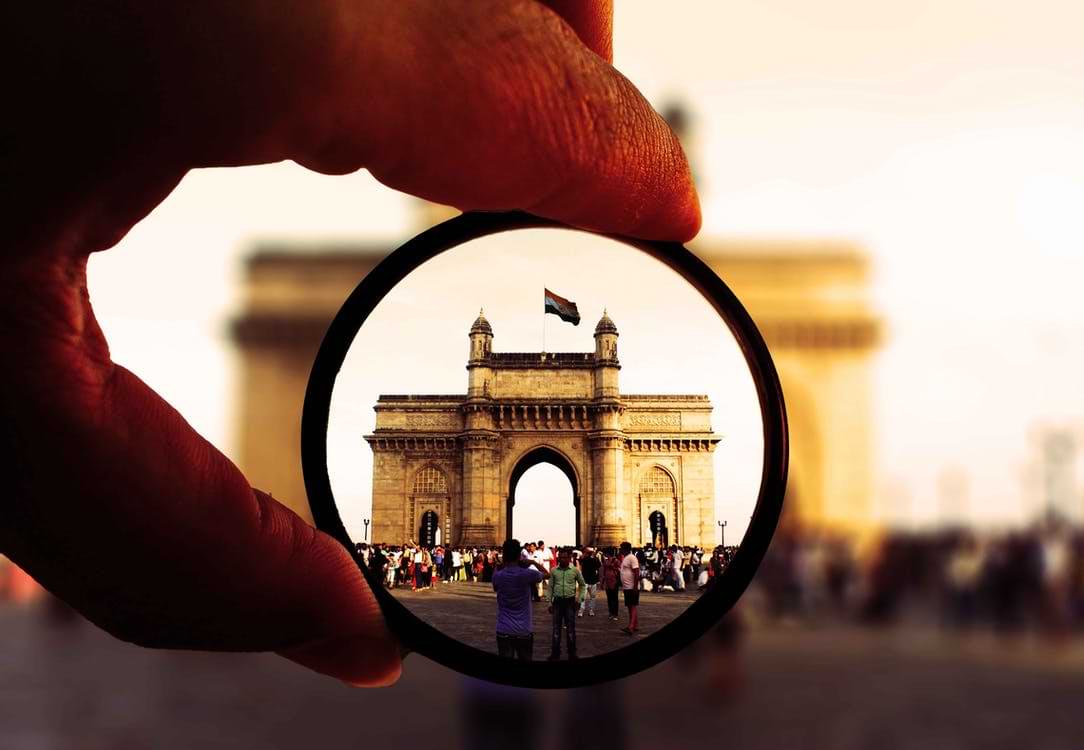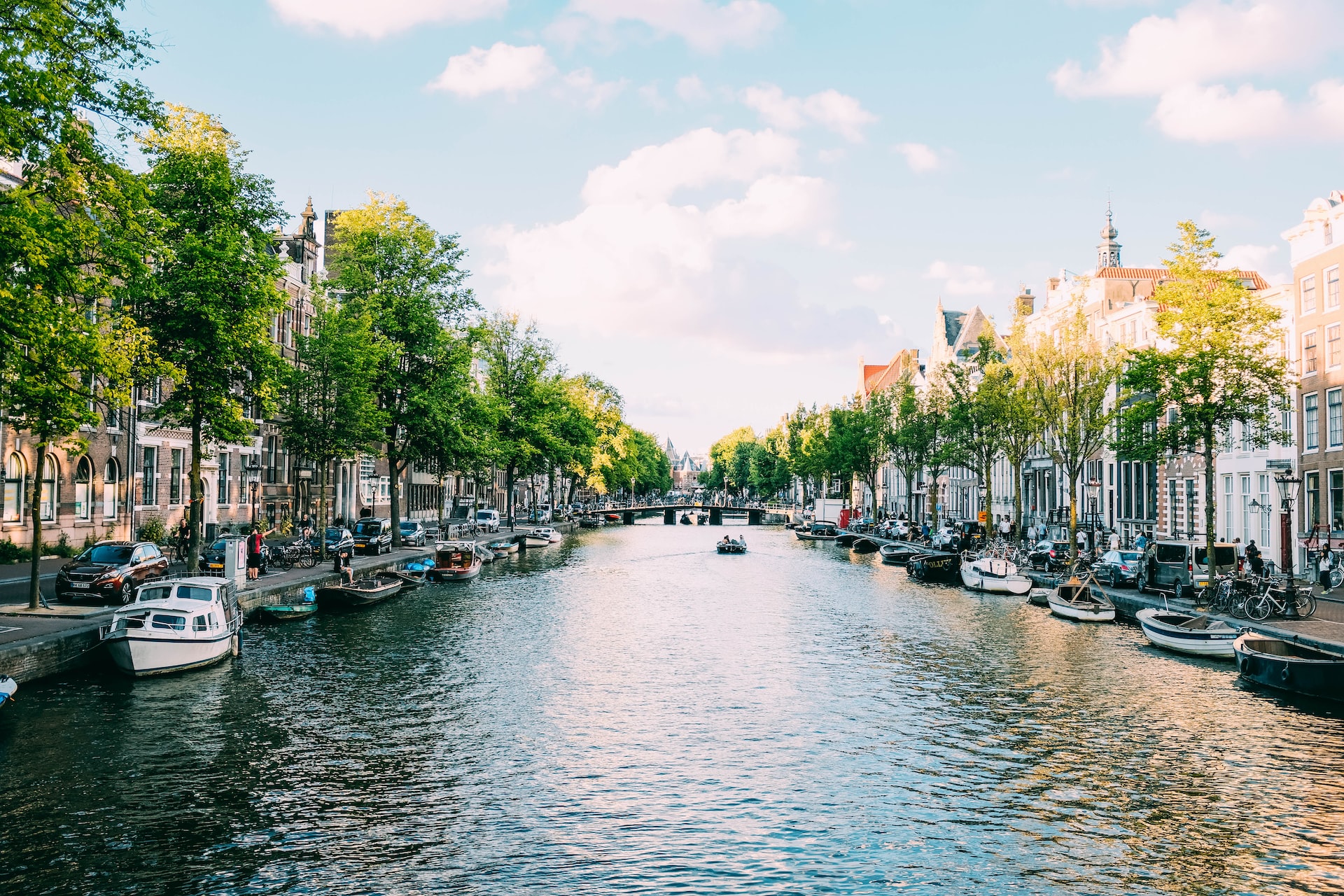A few things you should know before visiting India

Before traveling to India, the US Department of State offers country-specific travel info for India . Also, read up on COVID-19 and Dengue fever to stay safe. There are also essential visa requirements, including obtaining a valid one. This is not a comprehensive list, but it’s a great place to start.
Getting the right visa
Getting the proper visa to visit India is essential if you plan on visiting the country. There are several different types of visas, including tourist visas, business visas, and medical visas. These different types of visas are issued in various lengths, and the length of the duration depends on what you’re planning to do in India. The Business eVisa is the best option for business travelers as it allows multiple visits and is valid for one year.
The service offers an online application and can be used by anyone from any country. You can also print out your e-visa confirmation and present it at immigration. It will take less than 30 minutes to get your visa. Then, you can travel! After receiving your visa, you don’t need to give up your passport, as you can present the e-visa at immigration.
Taking precautions against mosquito bites
Taking precautions against mosquito bites when traveling in India is essential to ensure a safe and enjoyable trip. Unfortunately, mosquitoes are ubiquitous in India, and their bites can cause many unpleasant illnesses. Fortunately, these bugs are mainly preventable. While you can’t control the number of mosquitoes that attack you in India, you can reduce the impact of these pesky little insects on your trip by using these simple tips.
The first step in protecting yourself from mosquitoes is to wear light-colored, long-sleeved clothing. The last thing you want to do is get too hot in the sun and end up dehydrated. So while mosquitoes will swarm you while walking around, you can keep your body cool by wearing long-sleeved shirts and pants. In addition, you can cover your baby’s carrier with mosquito netting to prevent unwanted biting.
Avoiding scams
While in India, you need to take precautions against common scams and rip-offs. One common scam involves the price of a taxi or tuk-tuk ride. The scam usually consists of an agreement on the price beforehand, with the guide not speaking reasonable English and demanding payment. Often, the driver will threaten to blackmail you or surround you if you don’t pay. The best way to avoid such scams is to negotiate directly with your hotel before traveling.
Another common scam is the SIM card. You need a copy of your passport and a passport-sized photograph to buy a local SIM card. But it can be a hassle if you don’t have the proper documents. In such cases, you might get a SIM card that’s been used or stolen. If this happens, you’ll be in trouble because you’ll get unwanted calls from rando Indians, and your SIM card won’t work. Buying a local SIM card is the best option if you don’t want to spend much money on a cell phone.
COVID-19
While the government and CDC have determined that the prevalence of COVID-19 is low in India, travelers should follow all applicable rules and regulations for entering the country. Obtaining a COVID-19 test is still required, but it is best to get this done at least three days before leaving. The requirements for international travelers vary from those of the United States. Not following these guidelines can result in being refused entry to the country or being forced to return home.
The Ministry of Health can obtain detailed guidelines for travel to India. In addition to detailed guidance, you should also contact a registered medical practitioner if you experience any of the symptoms noted above. If you are a traveler and suspect you might be infected, contact your travel insurance provider, who will most likely provide you with a travel vaccination certificate. Alternatively, you can visit a private lab and have your COVID-19 test performed.


































